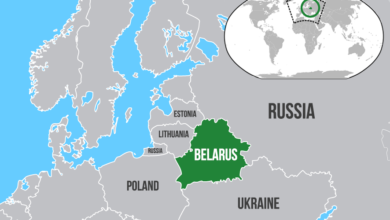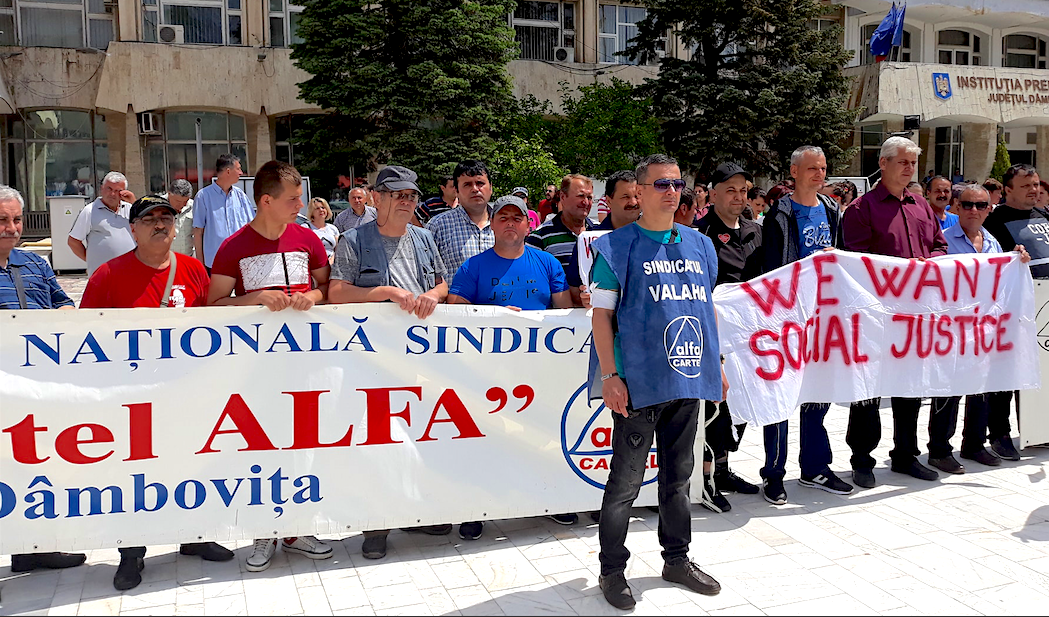For centuries, all over Europe, Roma communities have been among the most brutally oppressed. Dating back to their ancestors’ immigration from India and the Middle East to Europe and their establishment of a unique blended culture there, they have been beaten down as social pariahs. Their struggle has gone largely unnoticed, particularly in more liberal and progressive countries like Sweden, where economic rights for the white population are lauded, while the systemic violence, poverty and exclusion that plague Roma people are ignored.
In September, it was revealed that Swedish law enforcement has been profiling Roma people with a secret police registry. The registry lists the names and residences of some 5,000 people of Roma ethnicity, including 1,000 children. The registers were allegedly created in response to a series of unsolved violent crimes. Ethnic registers are illegal in Sweden and the issue has become a scandal; the government is being forced to investigate. Families who always lived under the threat of police brutality and civilian harassment now live in deeper fear of being profiled through the registry.
Swedish Roma have likened the registry to what was done under Nazism. Then, too, Roma communities were rounded up, first in registries, then in ghettos, and finally in concentration camps. Europe’s track record on the Roma has not improved since Hitler’s day: Roma people are offered no protection by police, often refused employment, and even driven out of their countries of residence through mass deportation programs.
Why is ‘progressive’ Sweden attacking Roma people?
In recent years, a rise in anti-Roma racism has been observable throughout Europe. Bigotry against Roma people in European populations and government has been fueled by economic decline. However, Sweden has been less affected by the recession than some other European countries, and it has economic safety nets for its citizens that many other countries do not offer.
Nonetheless, being a capitalist country, Sweden too has the need to maintain an oppressed underclass—a sector of the population that is underemployed, impoverished and denied rights, demonized and blamed for any problems faced by white workers. As in many other European countries, the chosen scapegoats are Roma communities, and the police registry is a manifestation of that.
Roma communities have not stayed quiet, however. Many have been speaking out against the registry and using the media attention received by it to bring attention to other systemic evils facing their people.
Roma experience in the Soviet Union
A drastically different approach to Roma communities was seen in the Soviet Union, where Roma people were first given the right to self-determination: to develop their culture and pursue their aims in dignity as they were not permitted to do prior to the revolution. They then were given the opportunity to integrate into Soviet society as a respected and integral element of it. Because socialism mandates respect for self-determination, the equal treatment of all people and the empowerment of oppressed communities, not only were Roma people not abused, Roma culture was actively recognized as a fully respectable entity in the USSR.
In the United States, we are not taught much about even the existence of Roma populations. When we learn about the Holocaust, we learn about the horrific killing of 6 million Jews, but not that half of the entire European Roma population was exterminated, nor about the heinous medical experiments that were conducted on Roma children. When we hear the word “gypsy,” which is thrown around every day, we do not realize that it is an ethnic slur against a living group of people. When we meet people whose families emigrated from Europe, we often do not know that they had to forsake their Roma heritage and culture and identify as a citizen of the European country they came from in order to avoid discrimination.
Yet the Roma struggle for dignity, self-determination, recognition and rights continues. For many years, Roma communities have organized together across borders in order to fight back against racist assaults on their people. We must stand in solidarity with Roma people and look to the Soviet example, not the Swedish, for the system that truly deals a blow to racism and empowers and protects all people.





